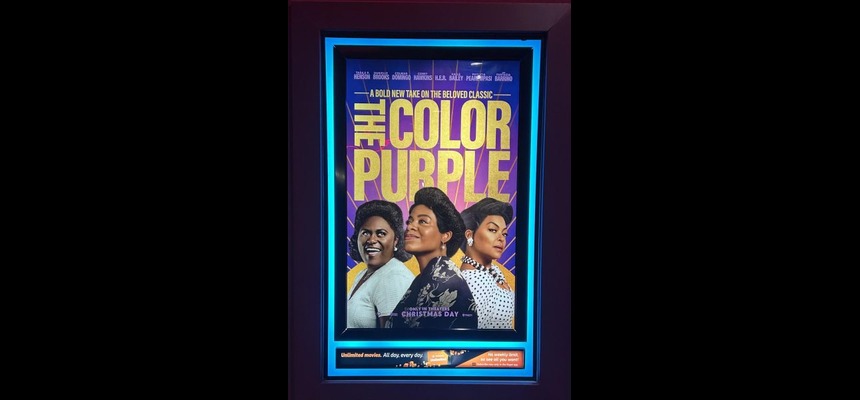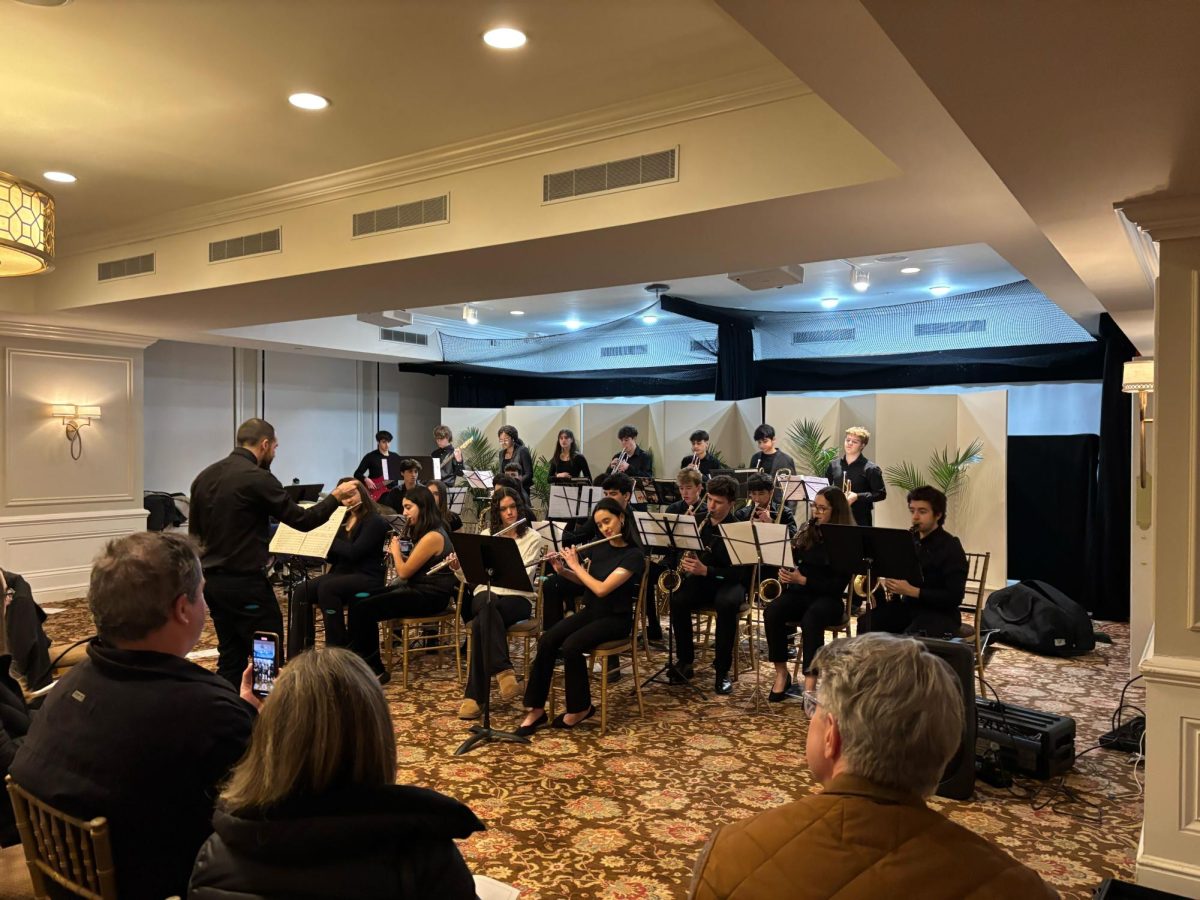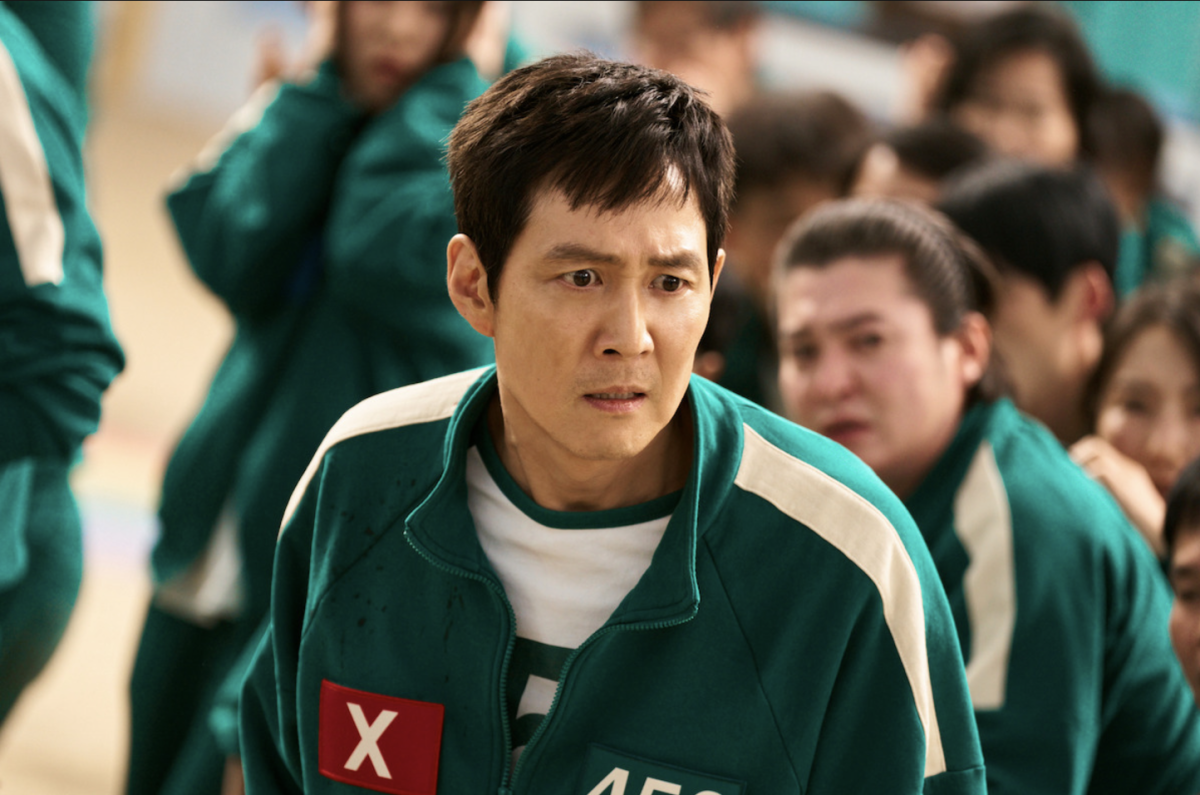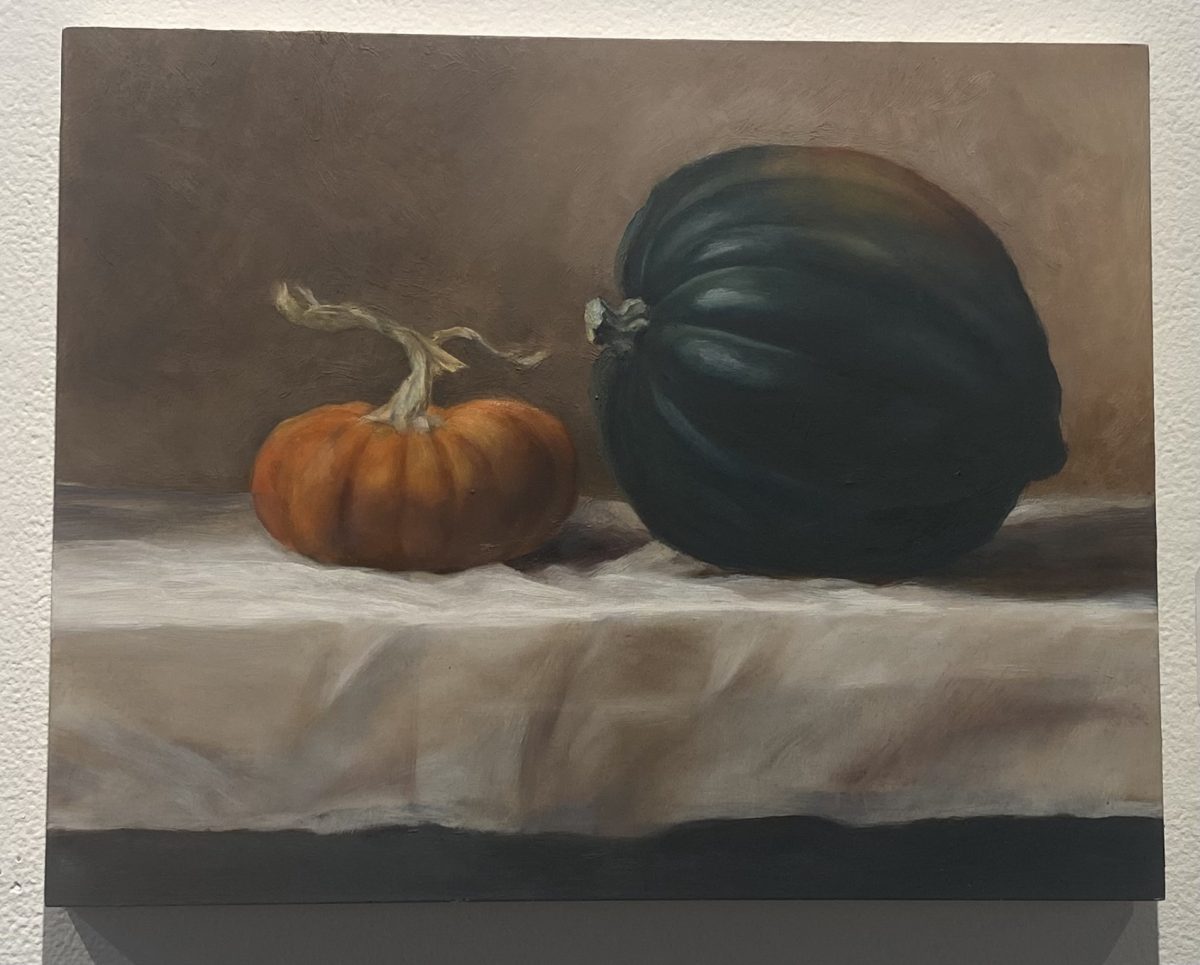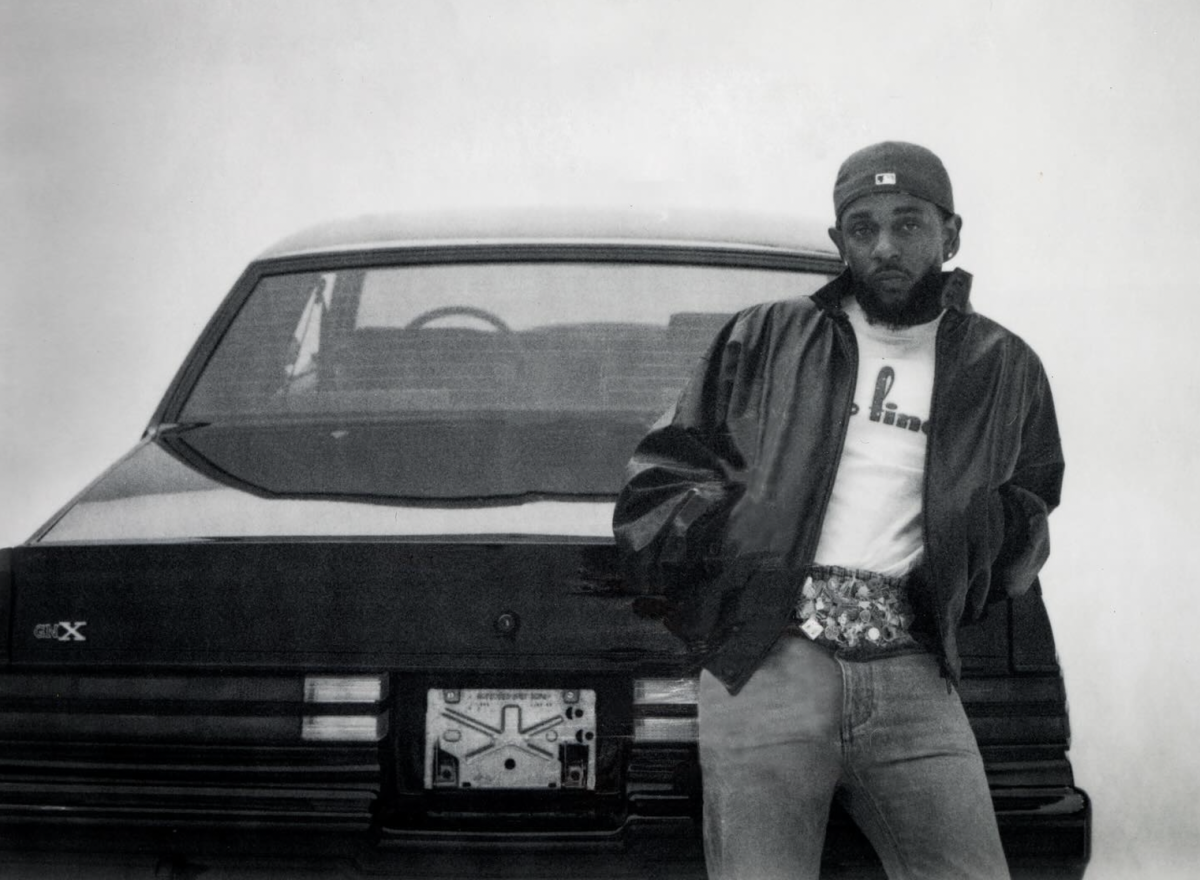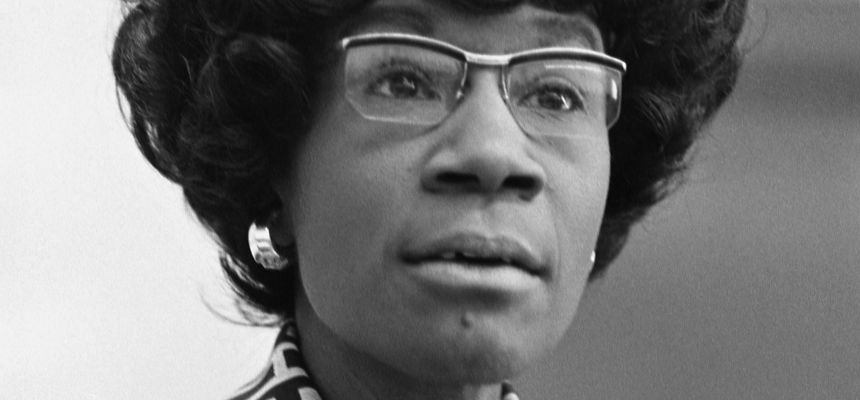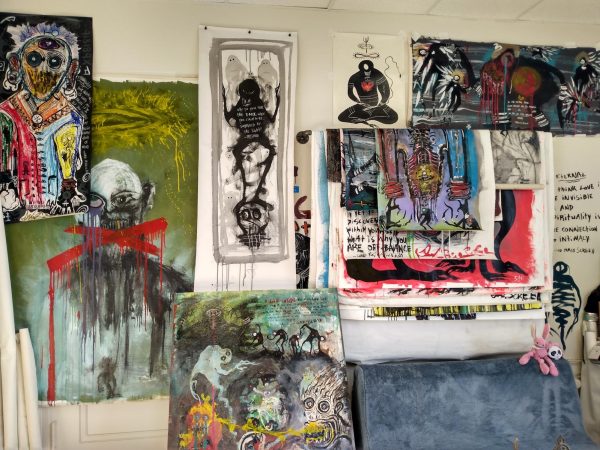“The Color Purple” directed by Marcus Gardley and Blitz Bazawule, follows the tragic existence of Miss Celie (Fantasia Barrino) through her struggles and successes. In the heart of the film, Miss Celie finds her freedom after years of being driven under the boots of men.
The movie begins with two young sisters in the early twentieth century, innocently playing in a tree, unaware of the following events. Celie and her sister, Nettie (Halle Bailey), are forced apart, and each has to find their place in this turbulent world. Celie is married to a husband and lives in a world that takes advantage of and abuses her. Fighting through mistreatment, oppression, and sexism, Miss Celie discovers her voice with the help of her husband’s mistress, Shug Avery (Taraji P. Henson), and the friends who stand by her.
Opposed to the past film adaptations of the book “The Color Purple” by Alice Walker, this movie has a musical twist that deeply amplifies the emotions of the film. Each dramatic moment was accompanied by a moving and impassioned vocal number. Members of the audience were frequently in tears or laughing out loud. The cinematography allowed for a more in-depth view into the lives and stories of these women and how they retaliated against oppression. Miss Celie and her companions defied societal norms and broke free from others’ prejudice. The film showed the passing of time, the development of society, and the lives of these women.
The movie itself was beautifully assembled to create an inspirational and captivating film that will be admired by viewers for years to come. I especially enjoyed the movie and left the theater with tears in my eyes. I recommend that anyone wanting to watch a movie that will give greater insight into oppression and leave the viewer feeling inspired should see “The Color Purple” in nearby theaters.
Grade: A+
- Pelham’s got talent! And Pelham’s got events! Support the nonprofit community newspaper that showcases them all!



